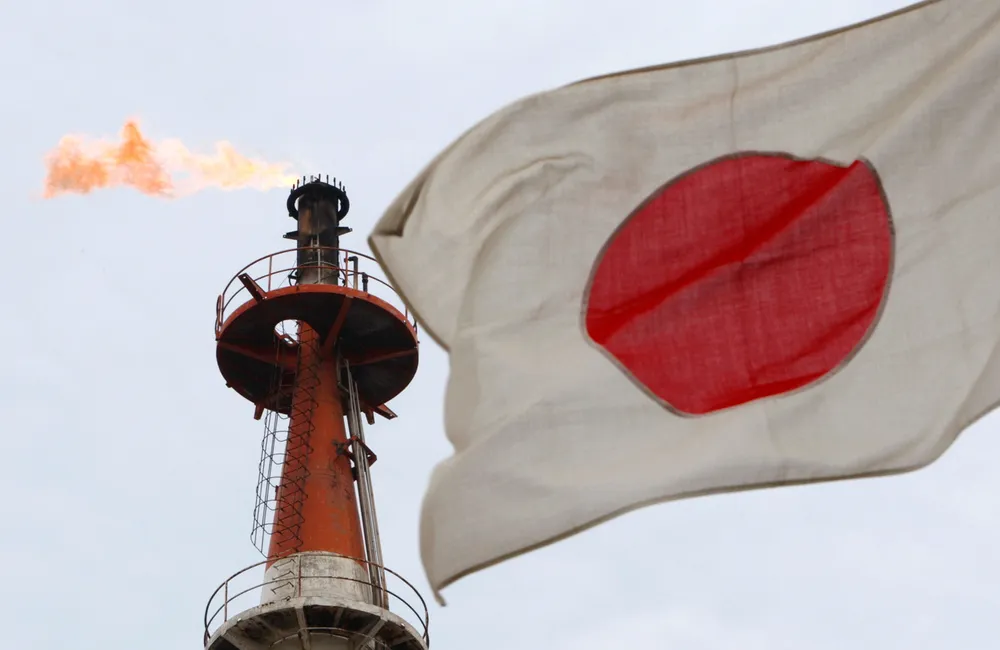Japan looks to phase out more fossil fuels with increased 2030 renewables target
Draft policy reveals plans for further reductions of gas and coal in Japan's energy mix

Draft policy reveals plans for further reductions of gas and coal in Japan's energy mix
